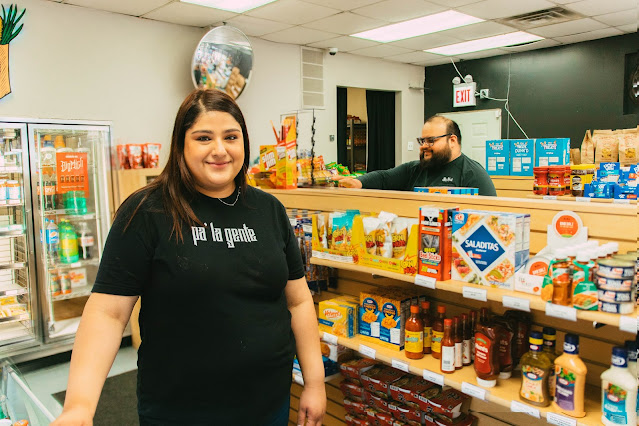WHY PUBLIC EDUCATION IS DOOMED
As philosopher Maxine Greene once stated some time ago, “there is little talk today about the connection between public education and freedom.” Having attended a high school that prioritizes funding over education, it’s easy to tell exactly how capitalism and neoliberalism affects our education system, and how little schools actually value teaching their students.
Teachers have been deprived of their most valuable job: educating intelligent and well informed youth that will be able to positively contribute to and benefit society. The joy of learning, the originality of teaching, and the creation of great public intellectuals have all been stripped away. Public education is progressively disappearing, and new, private, government-issued types of learning are taking its place. As a result, there is a lack of a well-informed public and a dwindling amount of people willing to challenge the prevailing neoliberal view of society.
Neoliberalism fostered anxiety in the public by having the masses believe that if schools were not reformed, America’s economic strength would dwindle. The concept became linked with democratic principles, economic stability, accountability, and — most significantly — school choice. Schools, teachers, and their unions were presented as institutions threatening the American economy’s prosperity.
This was the case in Wisconsin. Governor Walker proposed a contentious bill in 2010 that significantly curtailed the collective bargaining rights of thousands of public school teachers, while increasing their contributions to pensions and health benefits, ostensibly to reduce the state’s budget deficit.
Education’s history is heavily linked to the history of class struggle. Consequently, we cannot consider education to be neutral, but rather as a paradoxical system dominated by opposing forces. On the one hand, the bourgeoisie, businesses, and governments strive to create an educational system that supports their interests. On the other hand, there is a magnificent history of education of
workers’ battles. These workers have sacrificed their lives to protect not only their rights as workers, but also the rights of working-class and impoverished kids that deserve access to high-quality public education.
As a student, I am usually eager to learn about things in which I’m interested. This includes learning aspects of life that will help me grow as an individual with the abilities to participate as a critically-minded and thoughtful citizen; one who can work to make the world a better place. Unfortunately, I never felt that my high school was focused on collaborating to improve learning quality for ALL students. Instead, I felt as if my school was in a constant tug of war with other schools and people, competing for the best resources.
Though I’m lucky to have attended a well-funded school with unique resources, there are so many people who would have fought tooth and nail for what I had. However, the increasingly standardized curriculum and testing made clear that everyone must learn the same thing at the same time. This resulted in us students feeling less seen and invalidated. Curriculum makes it possible for standardization to be implemented, making other things — like arts and humanities — obsolete if they even remotely get in the way of “teaching for the test”.
It’s shameful to be praised as the world’s most developed nation when our youth linger on the outskirts of our ambitions. Mismanagement and an intentionally low kept budget only add to the poor status of public education. Public schools in metropolitan areas are awful; this resulting from a lack of funding to poor quality services, exploited instructors to crooked management, and frequent closures. This not only obstructs good education, but it also jeopardizes a student’s entire survival as a human. Public education has been in the hands of those who control the country only in the interest of big business.
Neoliberalism changes the way we think about the function of government and the individual-society relationship. Social democratic liberalism, according to neoliberalism, is a prescription for an intrusive government that threatens individual liberty through taxes and regulations. As I and many others entered school as playful and eager-to-learn children, our competitive, uniform, result-driven schooling experience has made us feel powerless.
We are trapped in a system where we have to accept that schools have become factories where creativity, imagination, and individualization are suppressed. I am human capital meant to contribute to the market and enhance global competitiveness.
Written for UIC Radio
- Get link
- X
- Other Apps



